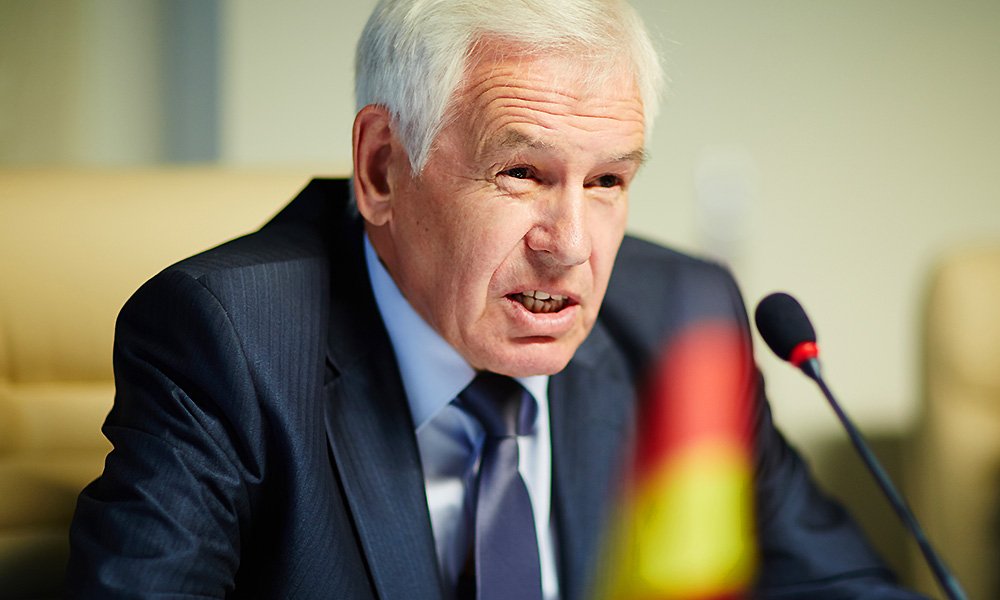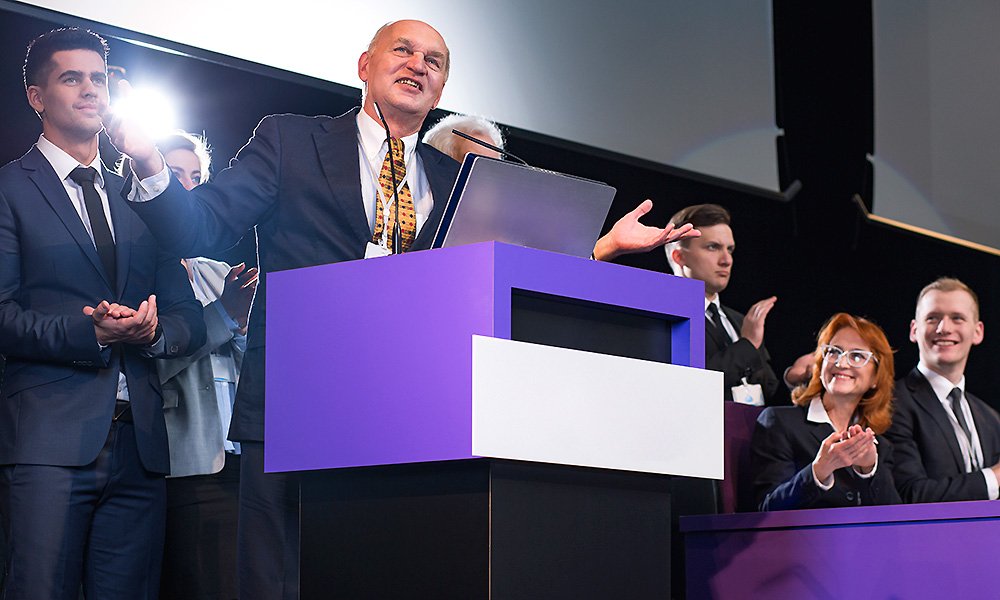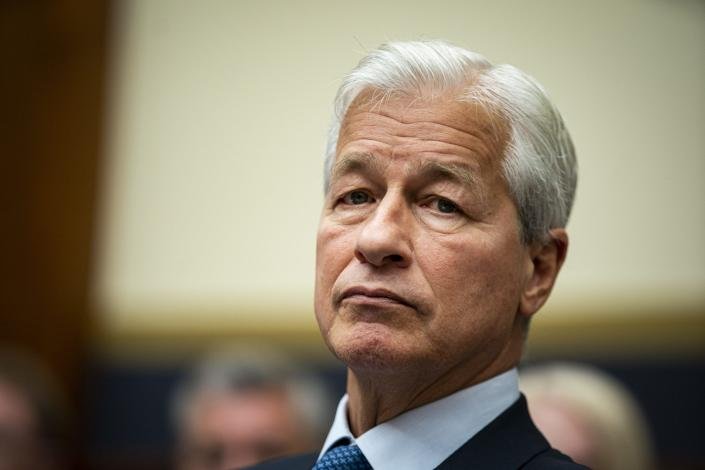Three years into the return to office battle, an exasperated JPMorgan Chase CEO Jamie Dimon is not mincing words.
More from Fortune: 5 side hustles where you may earn over $20,000 per year—all while working from home Looking to make extra cash? This CD has a 5.15% APY right now Buying a house? Here’s how much to save This is how much money you need to earn annually to comfortably buy a $600,000 home
Earlier this month, JPMorgan senior leaders asked hybrid workers to continue coming in three days a week at minimum and managing directors to start coming in full-time. Workers would still have flexibility to work from home for things like family issues or doctor’s appointments, but it seemed there was an “or else” implied for those who wouldn’t comply.
The memo, which Fortune reviewed, said that failure to come into headquarters when required would result in “appropriate performance management steps, which could include corrective action.”
Many JPMorgan workers up and down the totem pole, including managers, didn’t take fondly to it. They pushed back on what they called a “tone deaf” and “divisive” order on the company’s messaging platform, Reuters reported in an exclusive published Thursday.
They vented about being stuck in a “Zoom culture,” in which in-person staffers are yanked into virtual meetings and conference calls. They also, per Reuters, expounded upon the logistical difficulties of balancing commuting with other responsibilities.
“Most people on my team (and even other teams around me) live pretty far from the office,” one commenter wrote. “Being stuck in traffic more often and paying even more for gas (prices are rising) is not good for myself and many others.”
Less than a day after the committee shared the memo and scores of workers reacted, comments were reportedly turned off. JPMorgan declined to comment to Fortune, but Dimon said in an earnings call this month he understands his workers’ concerns—but stands by his stance. He sent the memo, titled “The importance of being together,” because, “some people weren’t following the rules.”
“We don’t want to punish everybody because of that, but people agreed to do three days a week; we expect three days a week,” Dimon said, adding that he gets why people don’t want to do it. But in his mind, those people “can not do it elsewhere.”
Dimon’s words bear striking similarity to those of fellow pro-office stalwart Elon Musk. In a leaked memo to his staff at Tesla last spring, the bombastic billionaire said, “Remote work is no longer acceptable.” Sowing doubt over remote workers’ commitment and productivity, he then tweeted that remote workers “should pretend to work somewhere else.”
What Dimon says, goes
Despite pushback from his workers, Dimon is often the rock that redirects the course of the river on Wall Street.
As the chief executive of the nation’s largest lender, his word tends to create a ripple effect among his peers—and detractors. That holds true on financial matters as well as cultural ones. You can’t miss Dimon. His annual shareholder letter is an industry event, and he was the one to rush to First Republic’s rescue after it stumbled during the implosion of Silicon Valley Bank.
Because Dimon, who has helmed JPMorgan for nearly two decades, cuts such an influential figure in Wall Street culture, his beliefs and mandates about the future of work will likely set the tone for New York’s entire banking landscape; he has shepherded JPMorgan from triumph to triumph while many of his peers have struggled—or been wiped out.
Among the major U.S. employers, leaders in the banking industry have been bullish on their pro-office stance. Dimon, alongside Goldman Sachs CEO David Solomon and Morgan Stanley CEO James Gorman, has been outspoken about the value of in-office collaboration—and the drawbacks of working from home. (For his part, Solomon called remote work an “aberration”; Gorman thinks the discussion should not include workers at all.)
Back-to-work mandates might be futile
This isn’t JPMorgan’s first go-around. Dimon initially called workers back to their desks about two years ago, but backed down when scores of staff failed to show up. Not for lack of trying. “I’m about to cancel all my Zoom meetings,” Dimon said in May 2021. “I’m done with it.” He added that remote work, on the whole, doesn’t work for people who want to hustle.
He said at the time that he expected a return to workplace normalcy in the fall of 2021. “And everyone is going to be happy with it,” he added. “And yes…people don’t like commuting, but so what.”
The office is vital for fostering “spontaneous” discussions, Dimon insisted earlier this month. This has been his party line for some time; at Davos in January, he said remote work doesn’t work for young kids (meaning new employees), or spontaneity, or management.
Workers on the inside fear Dimon’s turn of phrase for managing directors is just the tip of the iceberg, and soon workers at all levels will be folded into the five-days-per-week edict.
“There is a growing concern that…they may informally start asking the juniors to be in there as well,” one employee told Reuters. That might be enough for them to leave the high-paying company altogether; for most American workers, flexibility in a role is more important than pay.
This story was originally featured on Fortune.com
More from Fortune:
5 side hustles where you may earn over $20,000 per year—all while working from home
Looking to make extra cash? This CD has a 5.15% APY right now
Buying a house? Here’s how much to save
This is how much money you need to earn annually to comfortably buy a $600,000 home




































































